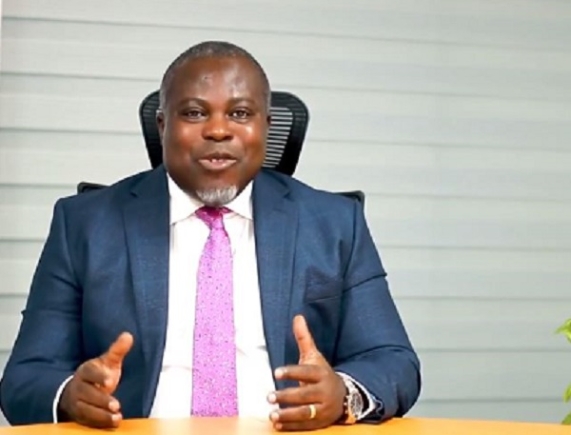The Ghana Revenue Authority (GRA) has set an ambitious target to raise at least GH¢360 billion in tax revenue by the end of 2028 as part of its medium-term strategy to boost domestic revenue mobilisation and increase the country’s tax-to-GDP ratio.
Acting Commissioner-General of the GRA, Anthony Sarpong, made this known during an X-Space discussion with the media, on the theme, “Resetting Ghana’s Revenue Mobilisation”.
“This year, we’re targeting GH¢ 200 billion in tax revenue, up from GH¢ 153 billion in 2024. But in the medium term, by 2028, we aim to reach a minimum of GH¢ 360 billion,” Mr Sarpong stated.
The “360 by 28” campaign, as described by the acting Commissioner-General, seeks to more than double Ghana’s 2024 tax revenue performance.
Mr Sarpong noted that achieving this target would move Ghana’s tax-to-GDP ratio from the current 13.8 per cent to between 17 per cent and 18 per cent by 2028.
Reforms
Mr Sarpong attributed recent improvements in tax mobilisation – averaging growth rates between 25 per cent and 30 per cent from 2020 to 2024 – to ongoing reforms within the authority; he, however, emphasised the need to “look within” and intensify efforts to broaden the tax base.
Outlining key strategies to reach the 2028 target, the acting Commissioner-General cited digitalisation and data analytics as critical enablers.
“We are in a digital and automated world, and GRA must not be left behind in terms of technological transformation. That is why we’re digitising tax administration to reach more taxpayers, including those outside the net,” he said.
Mr Sarpong highlighted ongoing data system integrations with institutions such as the Registrar of Companies and SSNIT, leveraging the Ghana Card as a unified tax identification tool to enhance compliance.
Data analytics
“Through data analytics and integrations with other institutions, we can now identify registered businesses and individuals and match their activities with tax obligations. The same goes for the informal sector, which we are targeting through mobile money transactions and other data points,” he added.
While acknowledging the revenue potential of Ghana’s large informal sector, Mr Sarpong stressed the importance of building a taxpayer partnership rooted in trust, integrity, and professionalism.
“Taxpayers are our customers, and we must build public trust and confidence in the tax system. When that happens, we can mobilise the needed revenue to support the nation’s reset agenda,” he concluded.
The GRA’s revenue drive aligns with broader economic objectives set out by the government and is expected to play a key role in achieving fiscal stability and supporting national development.
